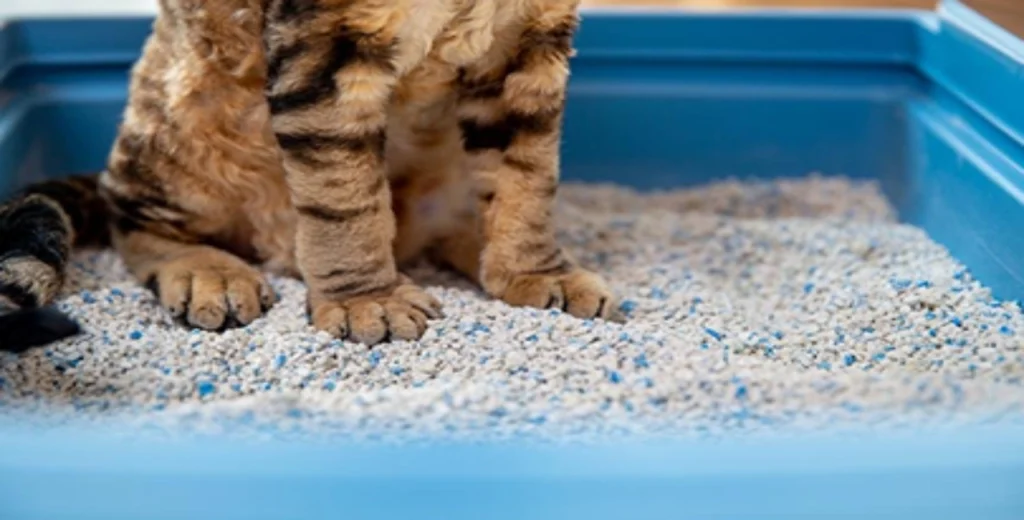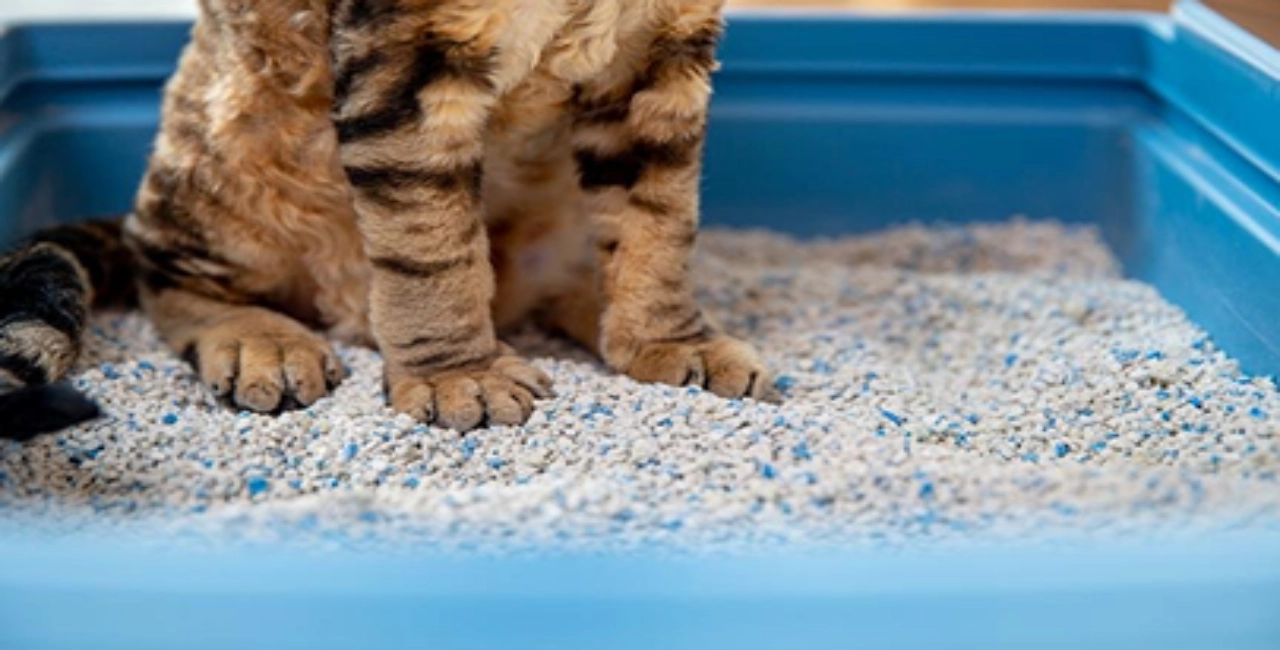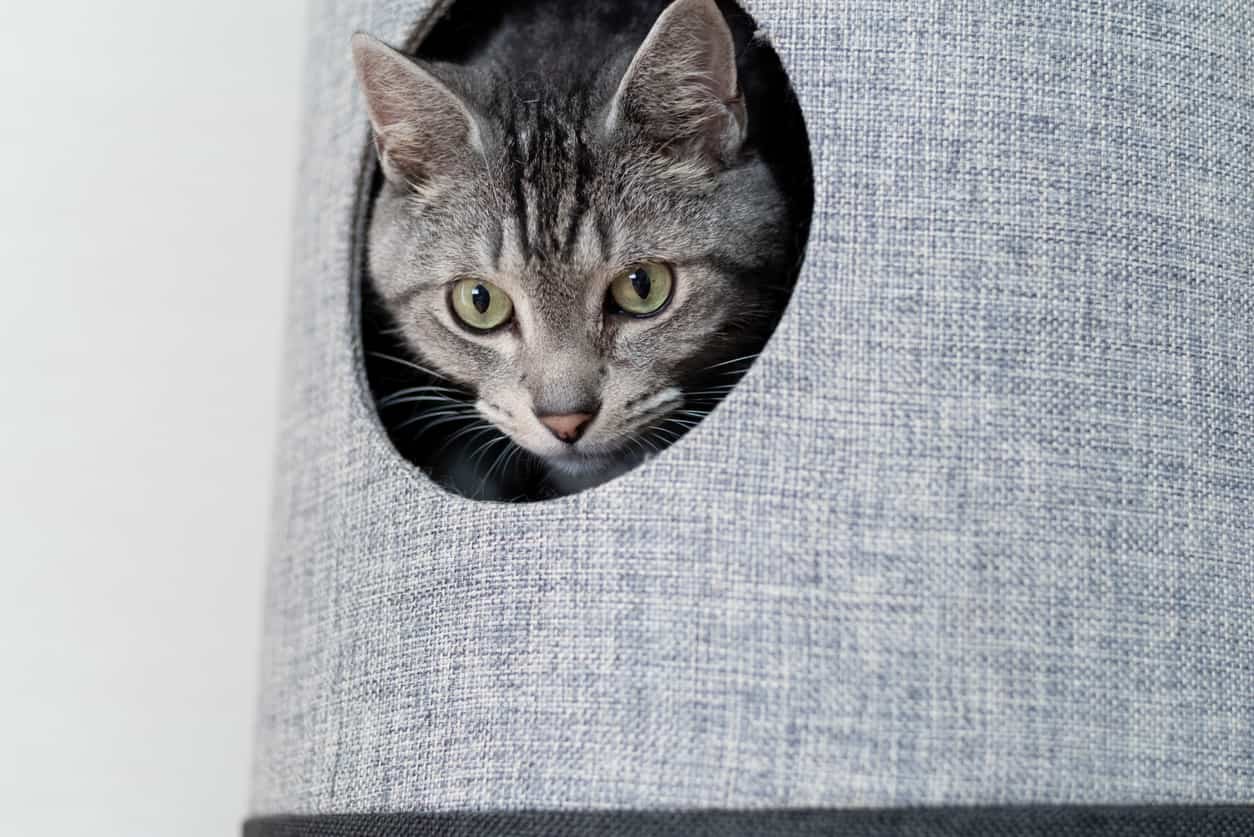How to Litter Train a Kitten can seem daunting, especially if it’s your first time caring for a feline friend. But with patience, consistency, and the right approach, you can ensure your kitten takes to the litter box like a pro. This guide covers the essentials of litter training, offering actionable steps and addressing common concerns.
Table of Contents
ToggleWhy Litter Training Matters for Your Kitten
Litter training is crucial for your kitten’s hygiene and comfort. Cats are naturally clean animals, and providing them with a proper litter box setup meets their instinctive needs. A well-trained kitten is not only happier but also more likely to develop strong habits that prevent behavioral issues later. Beyond practicality, litter training strengthens the bond between you and your kitten by fostering trust and communication.
When your kitten feels supported during this training phase, they are more likely to adapt to other aspects of their new environment with ease. Additionally, litter training is essential for preventing destructive behaviors, like inappropriate elimination, that could damage your home. This process isn’t just about cleanliness; it’s an essential part of helping your pet feel safe and secure in their forever home.

How to Litter Train a Kitten in 7 Steps
1. Start Early with the Right Litter Box
Kittens can begin litter training as early as 3 to 4 weeks old. Choose a shallow, easy-to-enter litter box for younger kittens. Ensure the box is large enough for the kitten to turn around comfortably. For multi-kitten households, ensure you have enough boxes to accommodate them all. A general rule is to have one more litter box than the number of kittens or cats in your home.
2. Choose the Best Litter for Kitten Training
The type of litter matters. Opt for unscented, non-clumping litter for younger kittens to avoid health risks if ingested. As your kitten grows, you can transition to clumping litter if preferred. Experiment with a few types to find what your kitten prefers. Some kittens may dislike the texture of certain litters, and finding the right fit is essential to avoid litter box aversion.
3. Place the Litter Box in an Accessible Location
Place the box in a quiet, low-traffic area to make your kitten feel secure. Avoid placing it near feeding or sleeping areas to prevent confusion. A secluded yet accessible spot is ideal. Consider placing multiple boxes in different locations, especially in larger homes, so your kitten can always find one nearby.
4. Introduce Your Kitten to the Litter Box
Show your kitten where the box is located by gently placing them inside after meals or naps. Their natural instincts will often guide them to dig and cover their waste. Be patient and allow your kitten to explore the box at their own pace. Avoid forcing them, as this may create a negative association.
5. Use Positive Reinforcement
When your kitten uses the litter box, reward them with treats, praise, or gentle petting. Positive reinforcement builds a strong association between the litter box and good behavior. Avoid scolding or punishing your kitten for accidents; instead, guide them back to the box calmly.
6. Keep the Litter Box Clean
A clean litter box encourages consistent use. Scoop waste daily and clean the box thoroughly once a week. Cats are sensitive to smell and will avoid dirty litter boxes. Consider using litter box liners or mats to make cleaning easier and keep the surrounding area tidy.
7. Troubleshoot Common Problems
If your kitten stops using the litter box, evaluate potential causes. Common issues include a dirty box, stress, or a medical condition. Always consult a vet if the behavior persists. It’s also helpful to experiment with different box sizes or types, as some kittens may have preferences for covered or open boxes.
Common Mistakes to Avoid
- Forgetting to Scoop Daily: A dirty box will discourage use.
- Using the Wrong Litter: Experiment to find what your kitten prefers.
- Punishing Accidents: This creates fear and anxiety, making training harder.
- Neglecting Location: Placement impacts whether your kitten feels safe using the box.
Final Thoughts on How to Litter Train a Kitten
Training a kitten to use the litter box can be a rewarding experience when approached with patience and consistency. By following these steps and addressing challenges proactively, you’ll help your kitten develop good habits for life. Remember, every cat is unique, so adjust your approach based on their behavior and needs. With these tips, your kitten will be happily litter-trained in no time!
FAQ
At what age should I start litter training a kitten?
You can start litter training a kitten at around 3 to 4 weeks old, as this is when they naturally begin to explore and eliminate on their own. Use a shallow box with unscented, non-clumping litter for safety.
What type of litter is best for kittens?
For kittens, use unscented, non-clumping litter made from natural materials like paper, wood, or corn. It's safer if accidentally ingested and gentle on their small, sensitive paws during early training stages.
Why isn’t my kitten using the litter box?
Your kitten may not use the litter box due to reasons like box location, cleanliness, wrong litter type, stress, or medical issues. Ensure the box is accessible, clean, and kitten-friendly. If problems persist, consult a vet.
How often should I clean the litter box during training?
During training, clean the litter box at least once or twice daily to keep it fresh and inviting. Cats are clean animals, and a dirty box may discourage use—especially for young kittens learning good habits.
Can older kittens be litter trained?
Yes, older kittens can absolutely be litter trained! With consistency, a clean and accessible litter box, and positive reinforcement, most kittens quickly learn—even if training starts a bit later.
What is the fastest way to litter train a kitten?
The fastest way to litter train a kitten is to place them in the litter box after meals, naps, and playtime. Use a shallow box with non-clumping litter, keep it clean, and gently praise them when they use it correctly.
How long can it take to litter train a kitten?
Most kittens learn to use the litter box within a few days to a week. Some may take longer depending on age, temperament, and consistency. Patience, praise, and a clean setup speed up the process.




